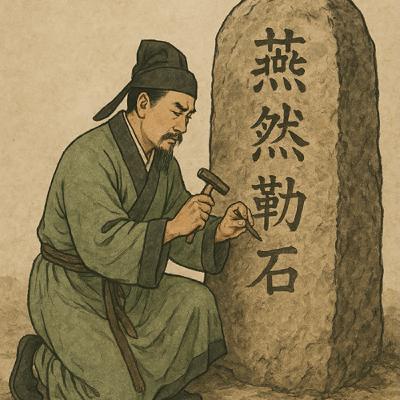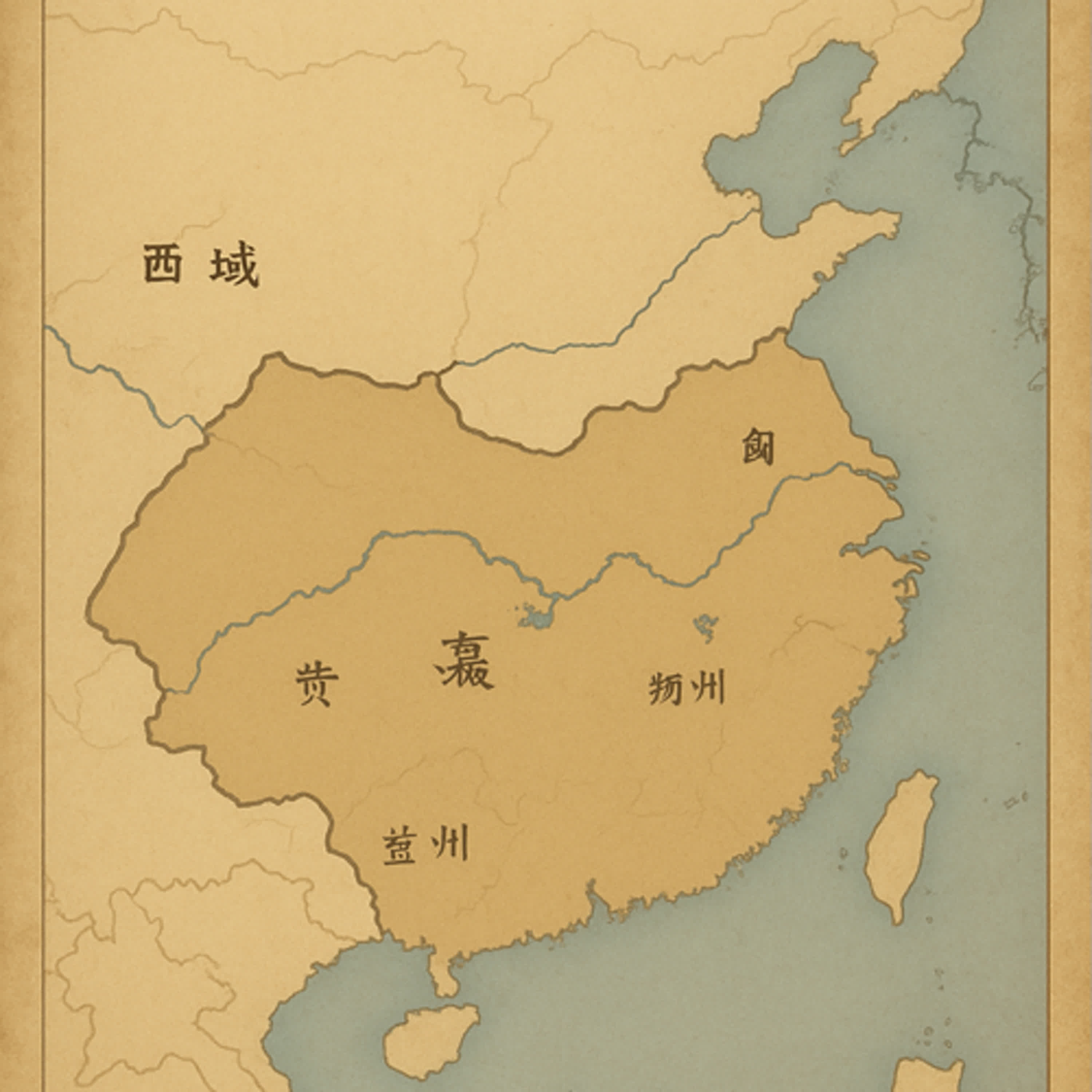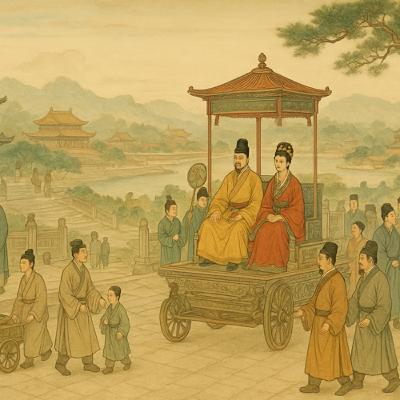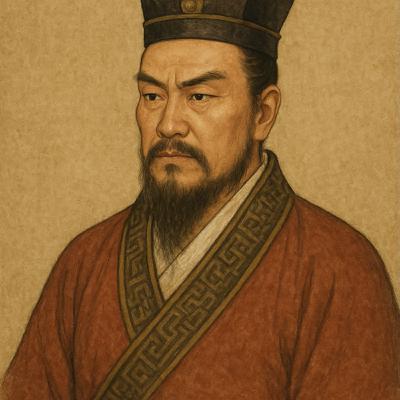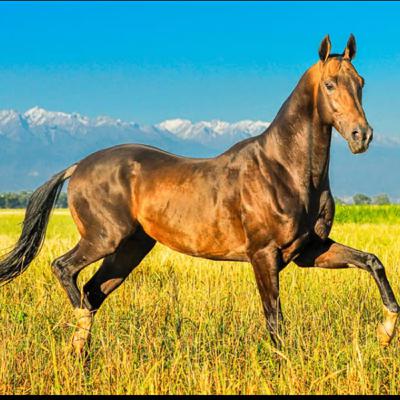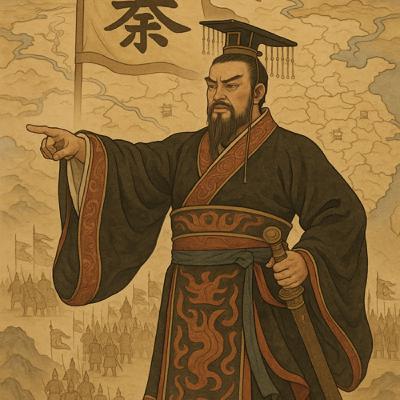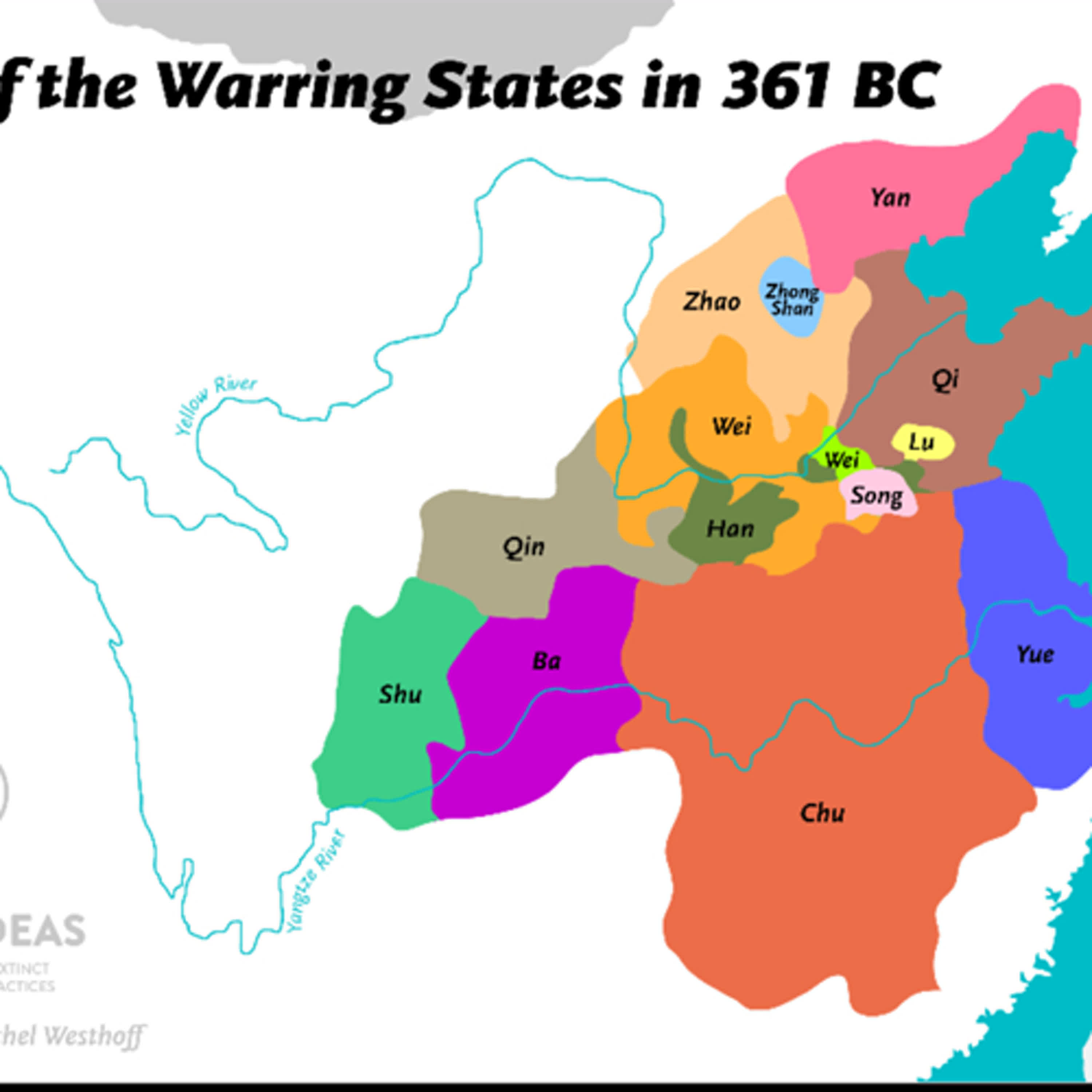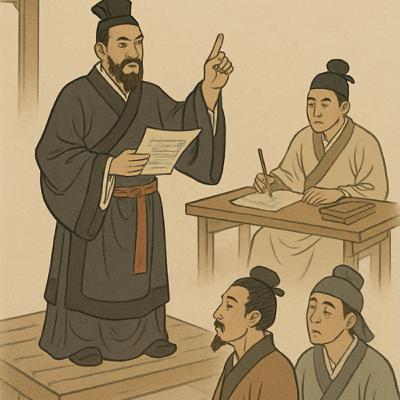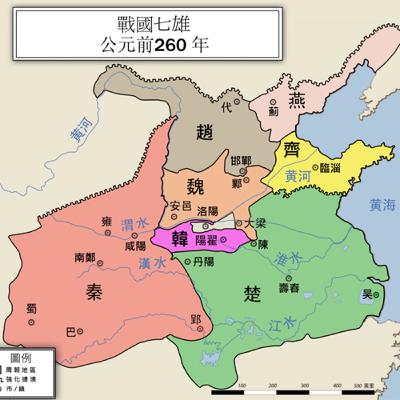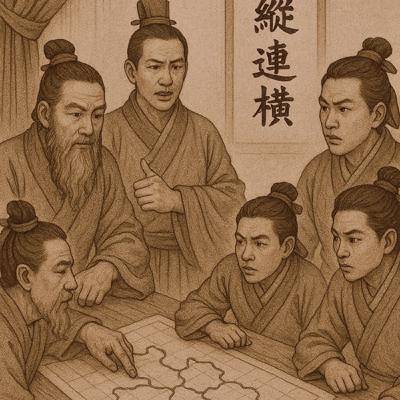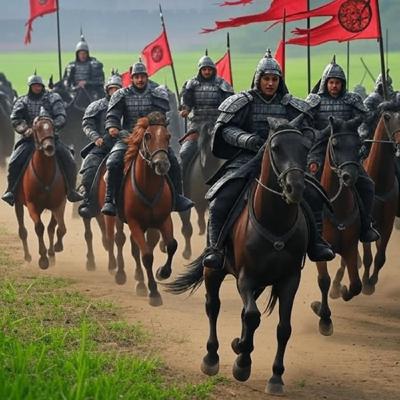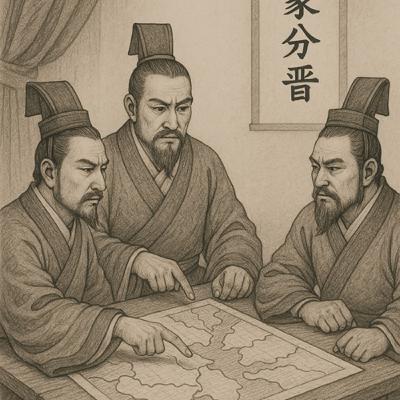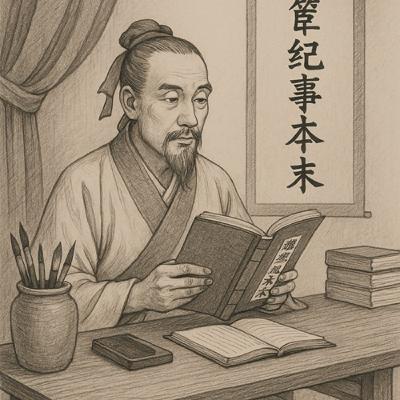The Dangers of Royal Life in Early Eastern Han Dynasty China
Description
Today I'll discuss the Eastern Han Dynasty in first-century China, using three examples to illustrate the tragic circumstances of extended royal family members and why we should appreciate living in a republic with democracy.
Example 1: Liu Ying, Brother of Emperor Ming
Liu Ying was accused of plotting to overthrow the emperor and seize power—a charge that seems ridiculous and extreme. A successful rebellion requires three key elements: proper timing (such as the emperor behaving erratically), favorable environmental conditions (like natural disasters undermining authority), and support (both military and public). The Kingdom of Chu was impoverished, so Liu Ying lacked the wealth to raise a private army. Additionally, his mother had no influence in the palace. Given these factors, rebellion was completely illogical.
Even stranger, after supposedly committing treason, Liu Ying's mother and children were spared and retained their royal titles, while thousands of others were executed. The only reasonable explanation is that Liu Ying was a scapegoat—the emperor needed an excuse to eliminate ministers he disliked and used his brother's supposed conspiracy to justify a massive political purge.
Example 2: Ma Yuan and His Family
General Ma Yuan was instrumental in Emperor Guangwu's rise to power, serving as his highest-ranking general. However, he understood that the greater one's contributions to the emperor, the greater the danger. To protect her family from execution, Ma Yuan's daughter (who became empress) remained extremely humble, kind to servants and eunuchs, and kept a low profile. Under the extended family punishment system, if one person committed a crime, their spouse, parents, siblings, uncles, aunts, and relatives extending to three or four generations could all be executed.
Example 3: Dou Xian, the Emperor's Brother-in-law
General Dou Xian achieved what hadn't been accomplished in 200 years—he defeated the Xiongnu and expanded Han territory within just two years. If he had wanted to usurp the throne, he could have done so by commanding his army at the frontier instead of returning to the capital. Yet he came back, showing he had no such intention. Still, the emperor couldn't tolerate his power and eventually forced him to commit suicide.
Dou Xian likely didn't desire to be emperor because he understood the reality: emperors had absolutely no privacy. Eunuchs managed which consorts the emperor slept with each night, guards and servants followed him everywhere, and even during intimate moments with his wives, attendants waited just 10-20 meters away. Some people value freedom and privacy over absolute power.
Conclusion
Royal positions were prestigious but extremely dangerous—two sides of the same coin. By learning from history, we should deeply appreciate living in the 21st century with democracy, equality, freedom of expression, and governance through discussion and consensus rather than the arbitrary will of one person in power.
#Paranoia and power#Scapegoating in politics#Survival strategies under authoritarianism#Fear and self-preservation#Tyranny and mental health#Trauma of absolute power
Join as a free member to stay updated with the latest information: https://open.firstory.me/join/ckeiik73n1k6i08391xamn9ho
Make a small donation to support this program: https://open.firstory.me/user/ckeiik73n1k6i08391xamn9ho
Leave a comment to tell me your thoughts on this episode: https://open.firstory.me/user/ckeiik73n1k6i08391xamn9ho/comments
Powered by Firstory Hosting

